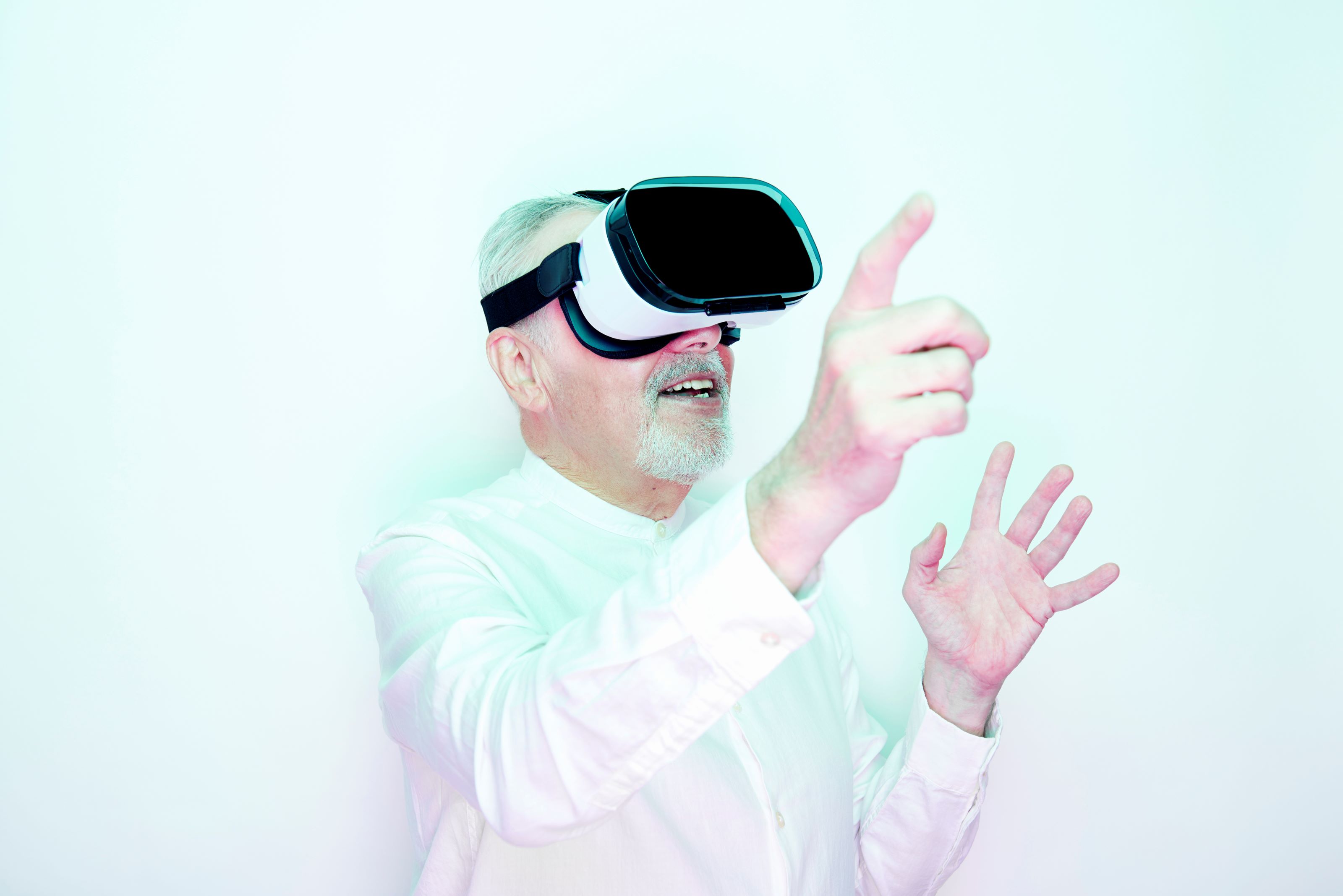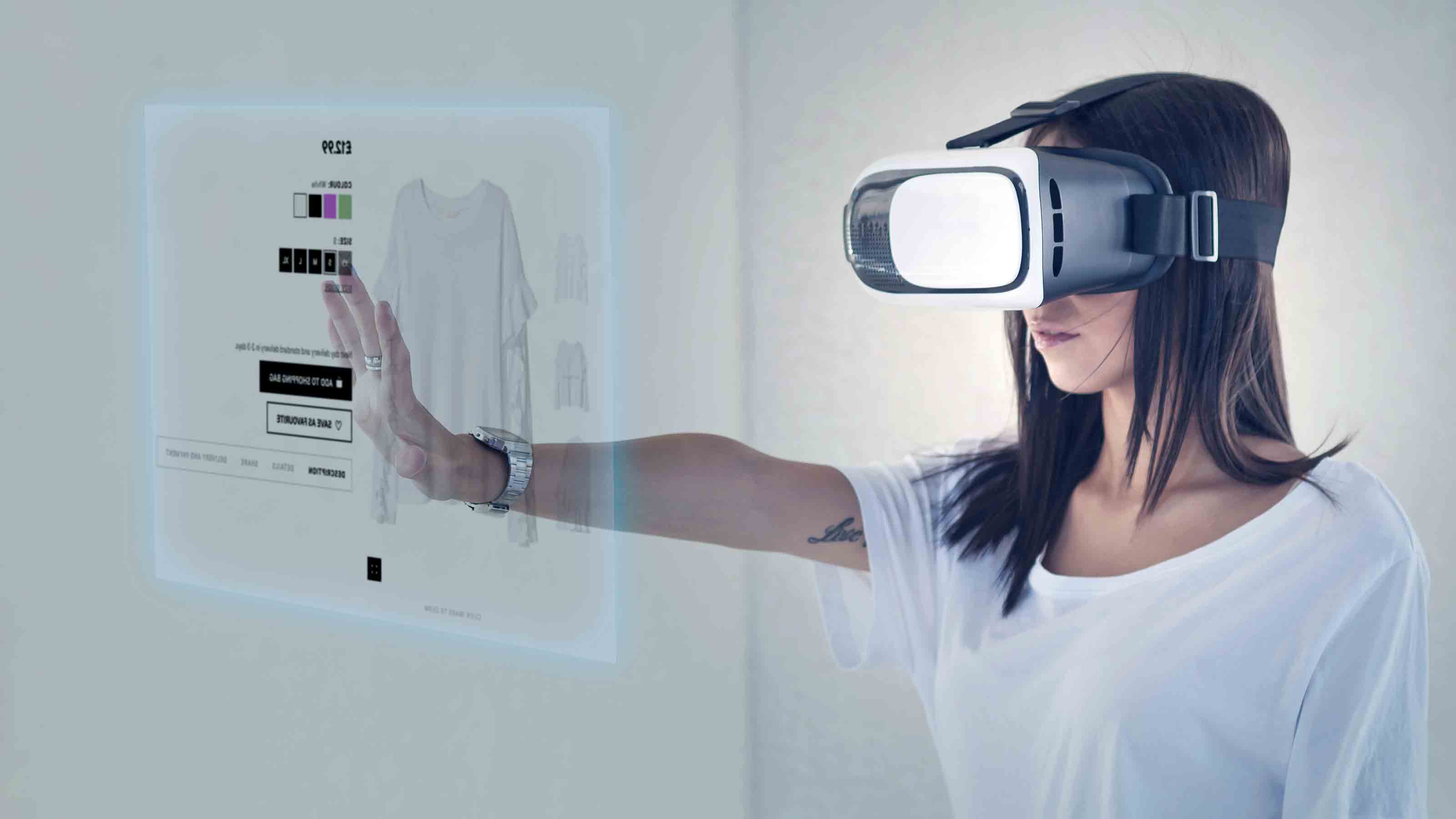What is the Metaverse?
Users and big name businesses alike are jumping feet first into virtual worlds.


Profit and prosper with the best of Kiplinger's advice on investing, taxes, retirement, personal finance and much more. Delivered daily. Enter your email in the box and click Sign Me Up.
You are now subscribed
Your newsletter sign-up was successful
Want to add more newsletters?

Delivered daily
Kiplinger Today
Profit and prosper with the best of Kiplinger's advice on investing, taxes, retirement, personal finance and much more delivered daily. Smart money moves start here.

Sent five days a week
Kiplinger A Step Ahead
Get practical help to make better financial decisions in your everyday life, from spending to savings on top deals.

Delivered daily
Kiplinger Closing Bell
Get today's biggest financial and investing headlines delivered to your inbox every day the U.S. stock market is open.

Sent twice a week
Kiplinger Adviser Intel
Financial pros across the country share best practices and fresh tactics to preserve and grow your wealth.

Delivered weekly
Kiplinger Tax Tips
Trim your federal and state tax bills with practical tax-planning and tax-cutting strategies.

Sent twice a week
Kiplinger Retirement Tips
Your twice-a-week guide to planning and enjoying a financially secure and richly rewarding retirement

Sent bimonthly.
Kiplinger Adviser Angle
Insights for advisers, wealth managers and other financial professionals.

Sent twice a week
Kiplinger Investing Weekly
Your twice-a-week roundup of promising stocks, funds, companies and industries you should consider, ones you should avoid, and why.

Sent weekly for six weeks
Kiplinger Invest for Retirement
Your step-by-step six-part series on how to invest for retirement, from devising a successful strategy to exactly which investments to choose.
The term “metaverse” sounds like something out of a science fiction novel. There’s a good reason for that – it is.
The term was coined in Neal Stephenson’s 1992 novel Snow Crash.
Like the similar term “cyberspace”, it describes a three-dimensional, immersive version of the internet in which human beings do business, play games, and socialize, represented by digital avatars.
From just $107.88 $24.99 for Kiplinger Personal Finance
Become a smarter, better informed investor. Subscribe from just $107.88 $24.99, plus get up to 4 Special Issues

Sign up for Kiplinger’s Free Newsletters
Profit and prosper with the best of expert advice on investing, taxes, retirement, personal finance and more - straight to your e-mail.
Profit and prosper with the best of expert advice - straight to your e-mail.
And just as the term cyberspace did, the metaverse has made the leap from comics and sci-fi films to the boardroom and the business sections.
Facebook founder Mark Zuckerberg has said that within the next five years, he expects it to be described not as a social network, but as a metaverse company.
Meanwhile video game platform Roblox, whose users can sell their creations to each other for Robux – exchangeable for real world currency – became a multibillion-dollar company when it listed on the stock market.
This is not a new vision by any means. Virtual worlds such as Second Life, where individuals can establish businesses and buy digital property for real money, have been around for a few decades. But usage has largely been limited to enthusiasts.
The key difference today – according to proponents of the metaverse – is that not only has technology advanced considerably, but the pandemic has driven new demand for remote interaction.
For example, Facebook has unveiled technology enabling workers to meet and interact in a virtual office by donning virtual reality headsets.
Some dismiss this as little more than a 3D Zoom call – others argue that it offers a more natural way to interact in the working-from-home era.
Either way, it represents a big opportunity for a company like Facebook to collect even more data on its users.
But there are plenty of competing visions for the metaverse.
Many entrepreneurs in the crypto world favor the idea of an open, decentralized metaverse built on the blockchain, as opposed to one dominated by a single company.
As with its previous incarnations, the metaverse may turn out to be more hype than reality.
But with technology advancing all the time, it’s likely that at least some aspects of it will become everyday parts of our lives.
See you in the matrix!
Learn how to invest in the latest metaverse and technology trends by subscribing to our Investing Weekly e-newsletter.
Profit and prosper with the best of Kiplinger's advice on investing, taxes, retirement, personal finance and much more. Delivered daily. Enter your email in the box and click Sign Me Up.
-
 Nasdaq Leads a Rocky Risk-On Rally: Stock Market Today
Nasdaq Leads a Rocky Risk-On Rally: Stock Market TodayAnother worrying bout of late-session weakness couldn't take down the main equity indexes on Wednesday.
-
 Quiz: Do You Know How to Avoid the "Medigap Trap?"
Quiz: Do You Know How to Avoid the "Medigap Trap?"Quiz Test your basic knowledge of the "Medigap Trap" in our quick quiz.
-
 5 Top Tax-Efficient Mutual Funds for Smarter Investing
5 Top Tax-Efficient Mutual Funds for Smarter InvestingMutual funds are many things, but "tax-friendly" usually isn't one of them. These are the exceptions.
-
 The VR Race is Officially On: Kiplinger Economic Forecasts
The VR Race is Officially On: Kiplinger Economic ForecastsEconomic Forecasts Tech giants like Apple and Meta are banking on VR headsets to be the next big thing.
-
 META Stock Gets Another Wall Street Upgrade
META Stock Gets Another Wall Street UpgradeAnalysts are increasingly convinced that one-time highflier META stock is a value play now.
-
 What Tech Layoffs Mean for Investors
What Tech Layoffs Mean for InvestorsNews of massive tech layoffs is making the rounds on Wall Street, but investors shouldn't be too worried.
-
 What Is Digital Fashion, And Why Is It Important?
What Is Digital Fashion, And Why Is It Important?cryptocurrency Fashion is one of the purest forms of self-expression. Digital fashion simply brings this to a new medium - and could be worth billions in just a few years.
-
 The Metaverse Explained (and Why You Should Care)
The Metaverse Explained (and Why You Should Care)cryptocurrency It’s not just kids in headsets playing D&D and art lovers strolling the Louvre from their living rooms, the metaverse is a whole new world – one that has the power to affect your finances.
-
 How to Win With Game Stocks
How to Win With Game Stocksstocks Game stocks are the backbone of the metaverse, the "next big thing" in consumer technology.
-
 What Is the Metaverse (And How Can I Invest In It?)
What Is the Metaverse (And How Can I Invest In It?)Technology Metaverses have actually been around in some form for decades. Facebook and others will try to bring the technology into the world’s everyday lives.
-
 9 Best Metaverse Stocks for the Future of Technology
9 Best Metaverse Stocks for the Future of Technologystocks With the market size for metaverse stocks expected to balloon by the end of this decade, these nine names are worth a closer look.
